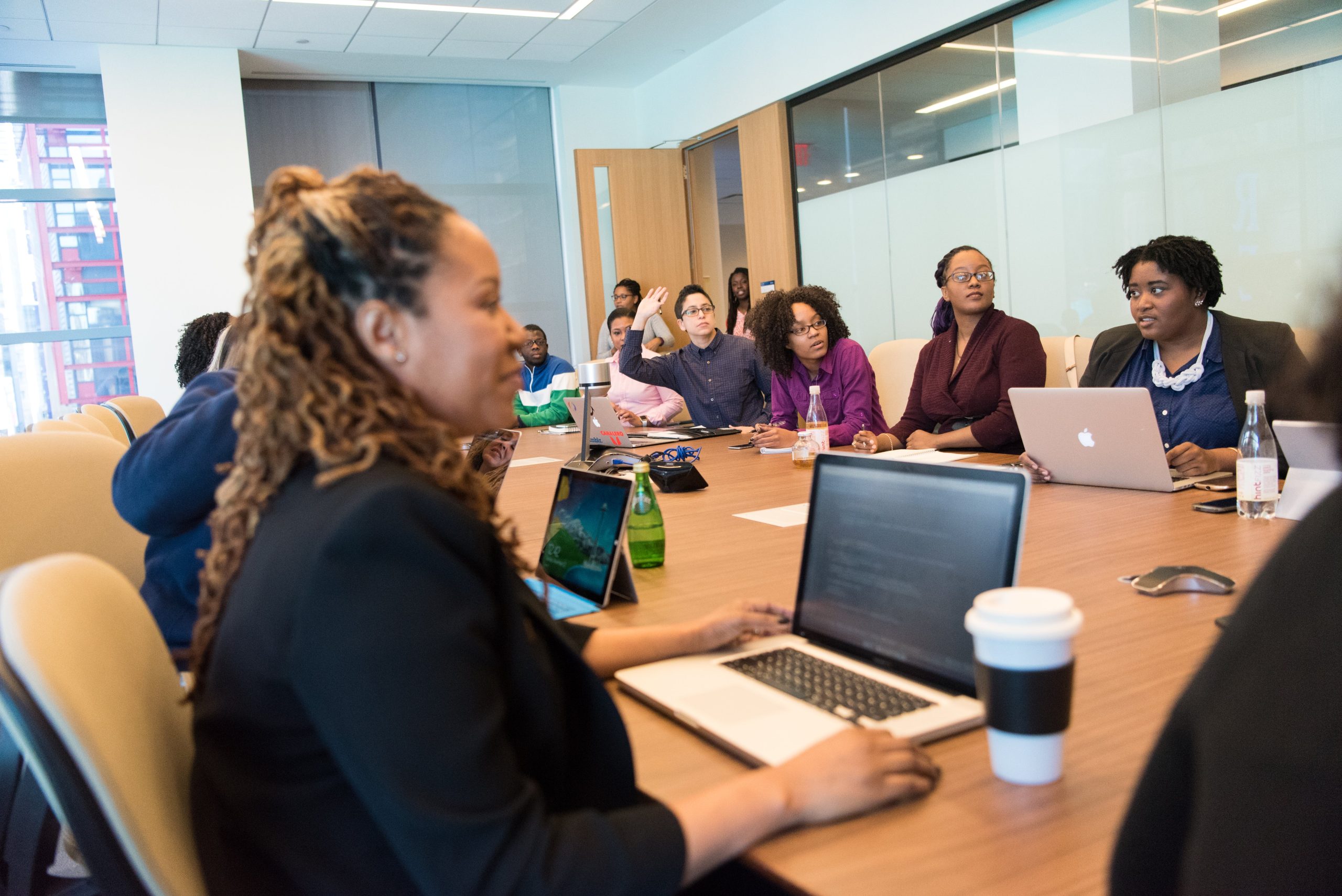

Arqus Teaching Innovation
Arqus Teaching and Learning Quality Commons Arqus Teaching Excellence Award Arqus Teaching Innovation Fund Workshops on Teaching Innovation English as a Medium of Instruction (EMI) Teaching Innovation Summer Schools Online Resource Centre Implementation of Mobility Windows at Arqus Universities Joint Programmes Trainings Guidelines for Curricular Enhancement Arqus LabelSince 2018, Arqus has contributed to further developing study programmes and university teaching with various measures. Together, the nine universities are working on outstanding initiatives to increase the internationalisation of studies and have already implemented many innovative projects in teaching, from which many students and teachers benefit. Successful cooperation in teaching through, for example, the so-called “twinning activities” or the development of the first joint programmes within the Alliance have built bridges between teachers, researchers, students and administrative staff. Following our shared Mission Statement (2022-2032), the Alliance partners work together for effective barrier-free cooperation at all levels and a co-created attractive flexible academic offer. Arqus aims at strengthening students’ intercultural competences, a deeper global understanding and respect for diversity.
The Arqus Curriculum Enhancement Guidelines have been developed cooperatively by all Arqus members and guide teachers and programme developers. The internationalisation of teaching and learning through innovative activities should be anchored at the curricular level to provide all students with access to quality learning experiences by diverse flexible joint academic offers.
The Arqus Curriculum Enhancement Guidelines combine the experience of the first phase of cooperation within the Arqus Alliance in order to share the gained knowledge and encourage teachers as well as curriculum developers to implement joint academic activities. Chapter two provides an introduction about the state of the art in internationalisation by joint academic offer. Chapter three deals with aspects of recognition of prior, informal and non-formal learning and presents the main instruments for curriculum enhancement. In that chapter, innovative “Arqus activities for curriculum enhancement” are described in more detail. The following chapters present the established joint course catalogue, common procedures within the Alliance and principles for student selection and assessment.
STATE OF THE ART
During the first European Commission funding phase, the Arqus alliance began implementing various initiatives related to increased mobility for students of partner universities through piloted short- and long-term initiatives, use of online mobility tools, increased cultural and language support between the partners, and, of course, increased mobility of researchers and professors. Major outcomes so far were related to:
- Several Student Mobility Opportunities: The Arqus Alliance started offering diverse opportunities for both undergraduate and postgraduate students to enhance their educational experience, broaden horizons, and promote cultural understanding. These were supported by Erasmus+ KA131 funding, as well as by Arqus and national/local/institutional funding. The starting point was to remove the barriers to traditional mobility, exemplified by the Open Arqus Mobility Agreement. However, Arqus did not limit itself to this and also looked at new forms of mobility, hence the development of this guide. The Alliance supports various student exchange programmes, allowing students to spend a semester, academic year, or even shorter periods at partner institutions. These programmes, such as the Twinning initiative, Mobility window, and Summer/Winter schools, BIP and others, enable students to experience different academic and cultural settings while working towards their degrees.
- Joint programmes development: The Arqus Alliance offers joint programmes providing students with the opportunity to earn joint or multiple diplomas from more than one university. These programmes also include mandatory virtual and/or physical mobility periods at partner institutions.
- Researcher and Staff Mobility: Beyond student mobility, the Arqus Alliance emphasises researcher mobility, enabling faculty members and researchers to collaborate on joint research projects and exchange expertise. This facilitates the transfer of knowledge and enhances research capabilities. Moreover, it supports the exchange of professional staff for job-shadowing and training activities at various levels.
- Cultural and Language Support: To ensure a smooth start for incoming students and staff, cultural and language support programmes have started in the Alliance. Not only language courses, but also cultural integration activities have been beneficial for international participants.
- Continued Growth: The Arqus Alliance continues to grow and evolve its mobility initiatives, expanding opportunities for students and researchers. Ongoing collaborations, funding, and strategic planning are driving the alliance’s commitment to internationalisation.
In summary, the Arqus Alliance has made great progress in facilitating student and researcher mobilities, strengthening its position as a prominent European university network. The Alliance’s commitment to internationalisation, collaboration, and innovation positions it for a promising future in higher education and research across Europe and beyond.